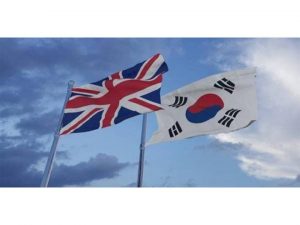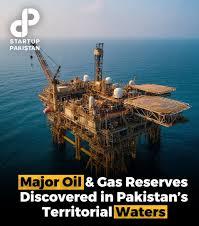Delayed reforms and political unrest could hit Bangladesh’s economy hard – Moody’s
3 min read
The report, titled “Government of Bangladesh: Political stability and commitment to structural reform following unrest will determine impact on credit quality,” highlighted the importance of political stability and ongoing reforms in assessing the country’s creditworthiness. Moody’s warning indicates that political stability and commitment to structural reforms are crucial for maintaining economic stability and growth. Failure to achieve these could lead to higher borrowing costs, reduced investment, currency instability, and slower economic growth, all of which would be detrimental to the country’s economy. Delayed reforms political unrest hit Bangladesh’s economy hard earlier on Wednesday, another global Rating agency S & P said Bangladesh’s political crisis has further exacerbated downside risks to economic growth, fiscal performance, and external metrics. “The damage to credit metrics may be contained if the socio-political situation normalizes soon,” the agency said in a statement. While credit buffers have diminished, S&P said it wouldn’t expect immediate strong pressures on the credit ratings. S&P last month lowered Bangladesh’s credit ratings to B+ from BB- due to a sustained decline in foreign exchange reserves. In May, Fitch Ratings lowered Bangladesh’s Long-Term Foreign-Currency Issuer Default Rating to “B+” from “BB-“, keeping the outlook stable. Bangladesh’s economy faces significant challenges due to delayed reforms and ongoing political unrest, according to Moody’s Investors Service. Political stability and commitment to structural reforms are crucial for maintaining economic stability and growth. Failure to achieve these could lead to higher borrowing costs, reduced investment, and currency instability. These factors would ultimately slow economic growth, harming the country’s overall economic health. Moody’s report highlights the importance of political stability in assessing Bangladesh’s creditworthiness. Prolonged political unrest can derail progress on structural reforms and growth. A deviation from the interim government’s commitment to structural reforms would be credit negative. This situation could exacerbate downside risks to economic growth, fiscal performance, and external metrics. The damage to credit metrics may be contained if the socio-political situation normalizes soon. Bangladesh’s real GDP growth slowed to 5.8 percent in the fiscal year 2023. This slowdown was led by weakening private consumption and investment. Delayed reforms political unrest hit Bangladesh’s economy hard private sector credit growth also slowed, indicating a reduction in investments. In FY24, growth is projected to slow further to 5.6 percent. However, it is expected to improve marginally to 5.7 percent in FY25. The country’s economic stability is heavily dependent on political stability and ongoing reforms. Political unrest can lead to higher borrowing costs, making it more expensive for the government to finance its activities. Reduced investment can slow down economic growth, leading to fewer job opportunities and lower income levels. Currency instability can make it difficult for businesses to plan for the future, leading to reduced economic activity. The interim government must remain committed to structural reforms to maintain economic stability. These reforms are essential for improving the country’s creditworthiness and attracting foreign investment. Without these reforms, Bangladesh’s economy could face significant challenges in the coming years. You can read more Here. The government must also work to resolve political unrest to ensure a stable environment for economic growth. In conclusion, delayed reforms and political unrest pose significant risks to Bangladesh’s economy. Political stability and commitment to structural reforms are crucial for maintaining economic stability and growth. Failure to achieve these could lead to higher borrowing costs, reduced investment, and currency instability. These factors would ultimately slow economic growth, harming the country’s overall economic health. The interim government must remain committed to structural reforms and work to resolve political unrest to ensure a stable environment for economic growth.





